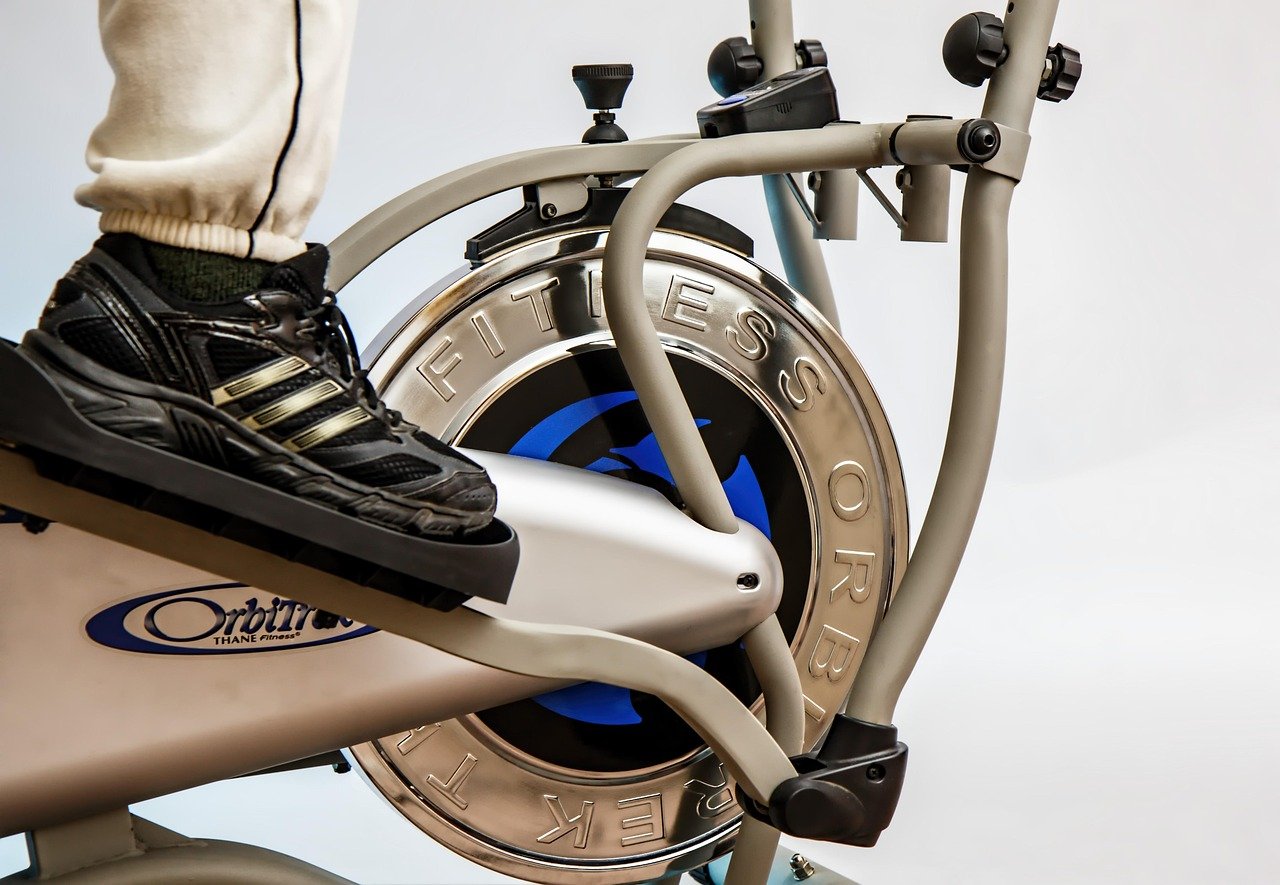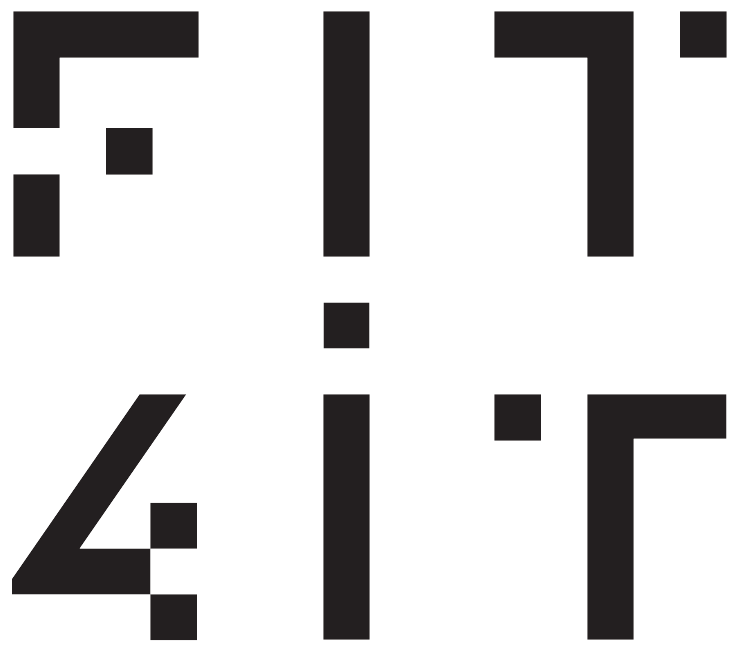Not many people realize it, but your body often treats caffeine as a stressor. Each cup triggers a surge of alertness that feels productive in the moment but can leave your nervous system running on empty. Over time, this constant “on” state begins to blur the line between energy and exhaustion, setting off changes in hormones, sleep, and appetite that can make weight gain almost inevitable.
Let’s break down how coffee and weight gain are related.

The connection between coffee and weight gain often stems from how excess caffeine disrupts sleep.
The Nervous System Under Stress
Caffeine works by blocking adenosine, the brain chemical that signals sleepiness. That’s why you feel alert after a cup. At the same time, it ramps up adrenaline and cortisol, your body’s stress hormones. In the short term, this is helpful. You feel sharper, you push harder, and you stay awake longer.
But here’s the catch: your nervous system isn’t built to stay in “on” mode all the time. Beyond about 400 mg of caffeine a day, roughly the equivalent of four to five standard cups of coffee, the body struggles to dial things back down. Heart rate stays elevated, sleep becomes fragmented, and the hormones that normally reset during deep rest never fully recover.
The result? Your nervous system lives in a constant state of tension. What feels like “energy” is actually stress. And chronic stress, when left unchecked, has one very predictable outcome: fat storage.
The Vicious Cycle of Caffeine & Sleep
The science here is sobering. Drinking more than 400 mg of caffeine daily has been shown to raise cortisol levels and reduce time spent in deep sleep. And it’s deep sleep, not just hours in bed, that restores the nervous system, regulates appetite, and balances fat-burning hormones.
Once sleep quality drops, the cycle becomes self-reinforcing:
- You wake up tired, so you reach for more caffeine.
- More caffeine disrupts sleep again.
- The next morning, you’re even more emotionally fatigued.
Hidden Calories: The Snack Effect
It doesn’t stop there. Poor sleep triggered by excess caffeine has another consequence: cravings. Studies show that adults who sleep poorly consume an extra 200-300 calories a day in snacking. That may not sound like much, but stretched over six months, it adds up to 8-10 pounds of weight gain, even if you never changed your diet or exercise routine.
And if those snacks lean toward high-sugar or high-fat comfort foods (as they often do when you’re running on empty), the effect compounds. Surprisingly thing is that fat loss can get harder when your nervous system is stressed out. Nutritionists often emphasize that while coffee itself isn’t the problem, the way it disrupts appetite and sleep can significantly affect weight management.
More Than Just Weight Gain
The fallout of overstimulation isn’t limited to the scale. Clients who lean heavily on stimulants often report:
- Constant restlessness or anxiety.
- Digestive issues like reflux or bloating.
- Afternoon “crashes” that feel impossible to shake.
- Irritability or emotional reactivity, especially under pressure.
These aren’t separate problems; they’re all signs of a nervous system that’s overstretched. The irony? Many people drink more coffee to “fix” these symptoms, which only deepens the imbalance.
How Widespread Is the Issue?
Caffeine isn’t niche. It’s one of the most widely consumed psychoactive substances on the planet:
- 80% of people worldwide consume caffeine daily.
- In the U.S., 85-90% of adults consume caffeine.
- About 14% exceed 400 mg/day, the level where health risks start climbing.
That means millions of people are unintentionally nudging their nervous systems into imbalance every single day.
What To Do Instead
The answer isn’t to quit caffeine entirely, unless you want to. For most people, it’s about regaining balance. Here are some simple hacks that you can use:
- Know your number: Track how much caffeine you actually consume. Don’t forget energy drinks, pre-workouts, and even “decaf” coffee (which still contains small amounts).
- Cut back gradually: Reducing intake from 5 cups to 1 overnight can trigger withdrawal headaches and irritability. Scale down over a week or two.
- Time it right: Avoid caffeine within 8–10 hours of bedtime. For most, that means cutting off intake after 2 p.m.
- Swap stimulants for resets: Instead of another cup, try a 5-minute walk, a breathing reset, or even cold water. These activate your nervous system naturally without hijacking it.
- Prioritize sleep: Protecting deep sleep is the fastest way to restore nervous system balance, and with it, fat-burning capacity.
The Bottom Line
Coffee in moderation can absolutely be part of a healthy lifestyle. But when caffeine becomes your main coping mechanism, it keeps your nervous system in survival mode. Elevated cortisol, poor sleep, constant cravings, and weight gain follow close behind.

Poor sleep caused by too much caffeine can lead to stronger cravings and late-night snacking..
If you’ve been struggling with losing stubborn belly fat, low energy, or an endless cycle of highs and crashes, it may not be your willpower or your diet to blame. It might just be the coffee cup in your hand.
References & Further Reading
- U.S. Food & Drug Administration (FDA) – Spilling the Beans: How Much Caffeine is Too Much? https://www.fda.gov/consumers/consumer-updates/spilling-beans-how-much-caffeine-too-much
- National Library of Medicine (NIH, PubMed Central) – Caffeine effects on sleep taken 0, 3, or 6 hours before going to bed https://pubmed.ncbi.nlm.nih.gov/24235903/
- Mayo Clinic – Caffeine: How much is too much? https://www.mayoclinic.org/healthy-lifestyle/nutrition-and-healthy-eating/in-depth/caffeine/art-20045678
- American Journal of Clinical Nutrition – Coffee, caffeine, and risk of type 2 diabetes: a systematic review and dose-response meta-analysis https://academic.oup.com/ajcn/article/97/3/505/4571517
- National Sleep Foundation – How Caffeine Affects Sleep https://www.thensf.org/how-caffeine-affects-sleep/
- Frontiers in Psychiatry – Caffeine, Stress, and Anxiety in College Students: A Cross-Sectional Study https://www.frontiersin.org/articles/10.3389/fpsyt.2021.681410/full
- Harvard T.H. Chan School of Public Health – Coffee and Health https://www.hsph.harvard.edu/nutritionsource/food-features/coffee/
Was this helpful?
Good job! Please give your positive feedback
How could we improve this post? Please Help us.







No Comments